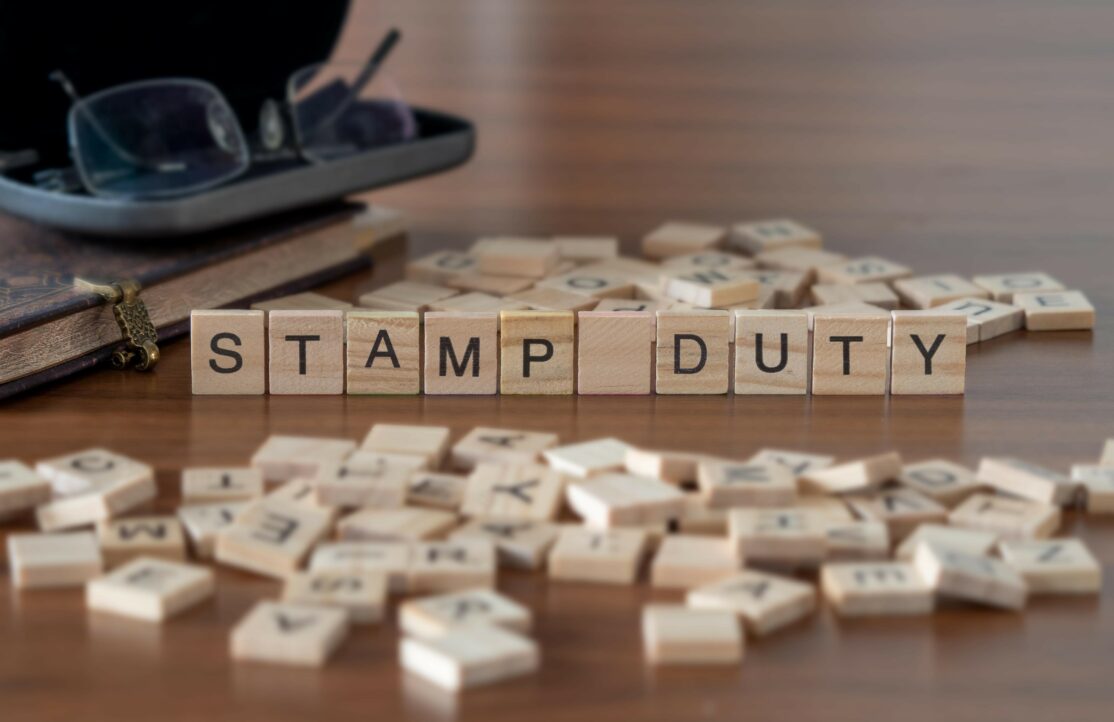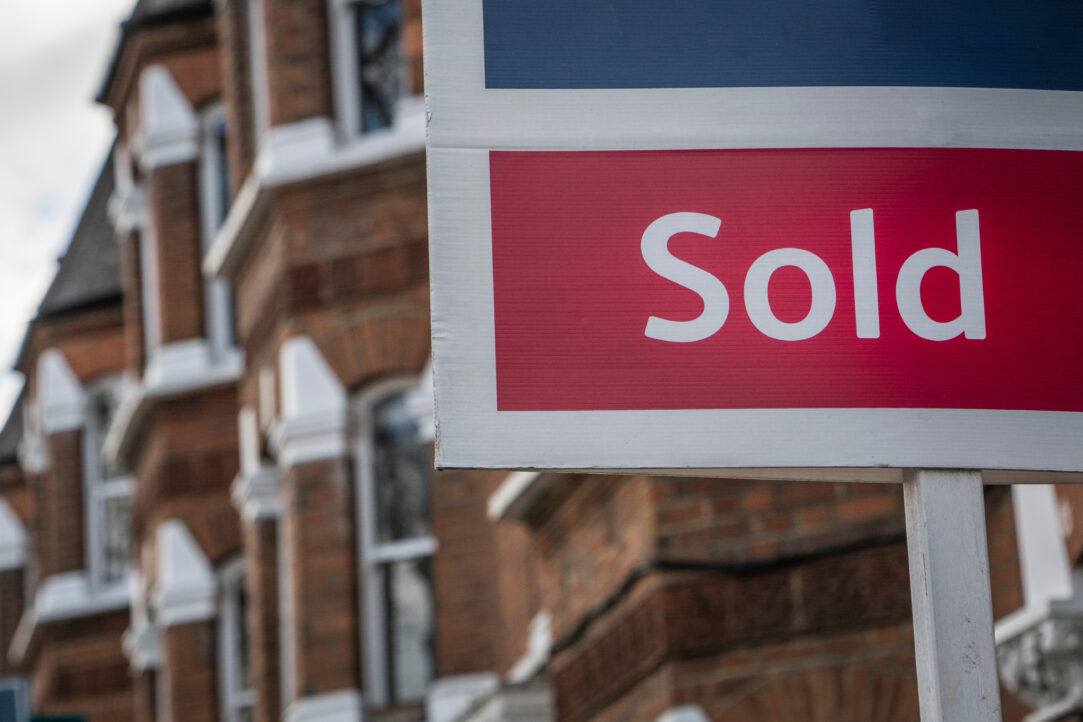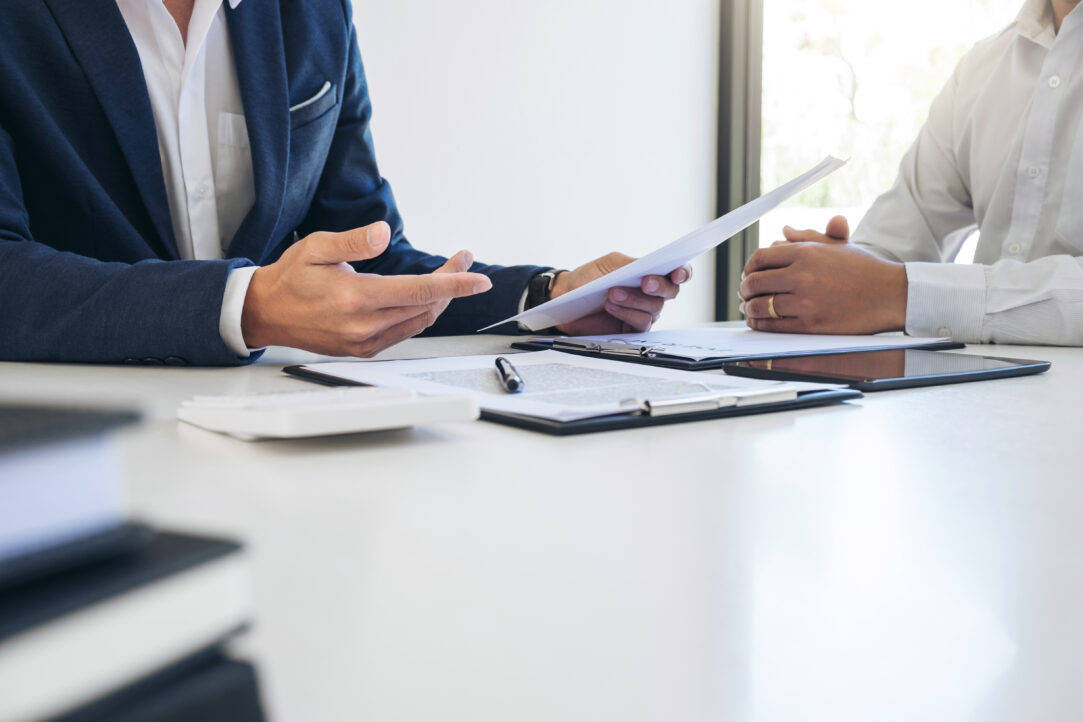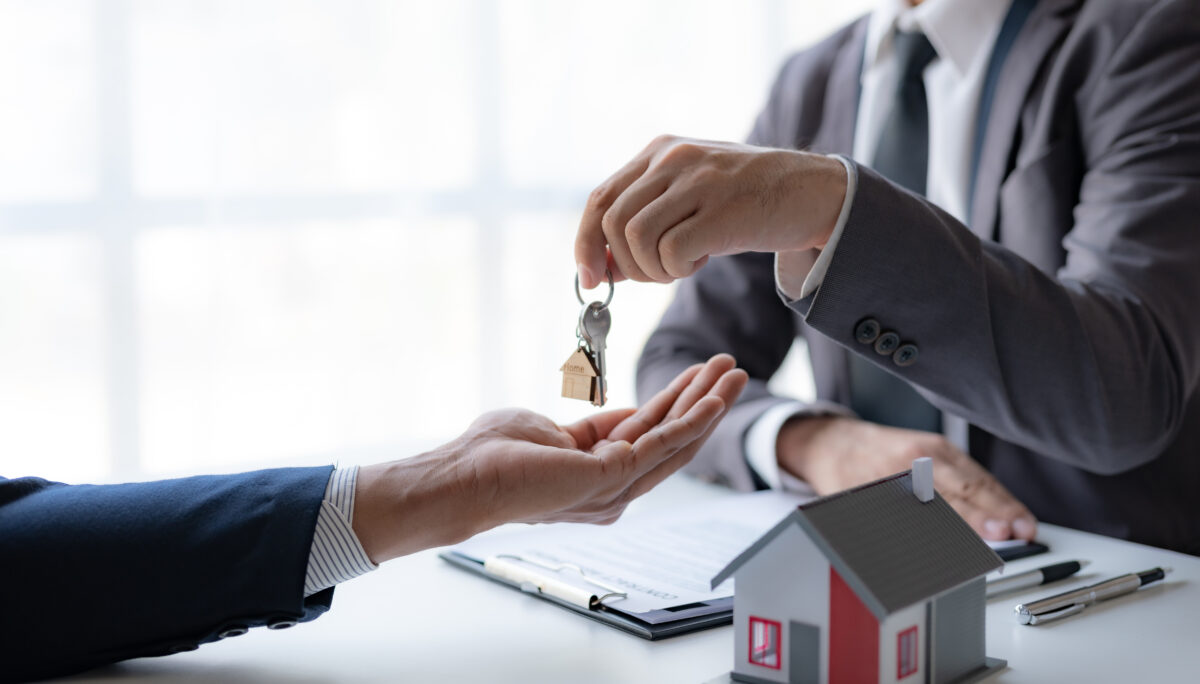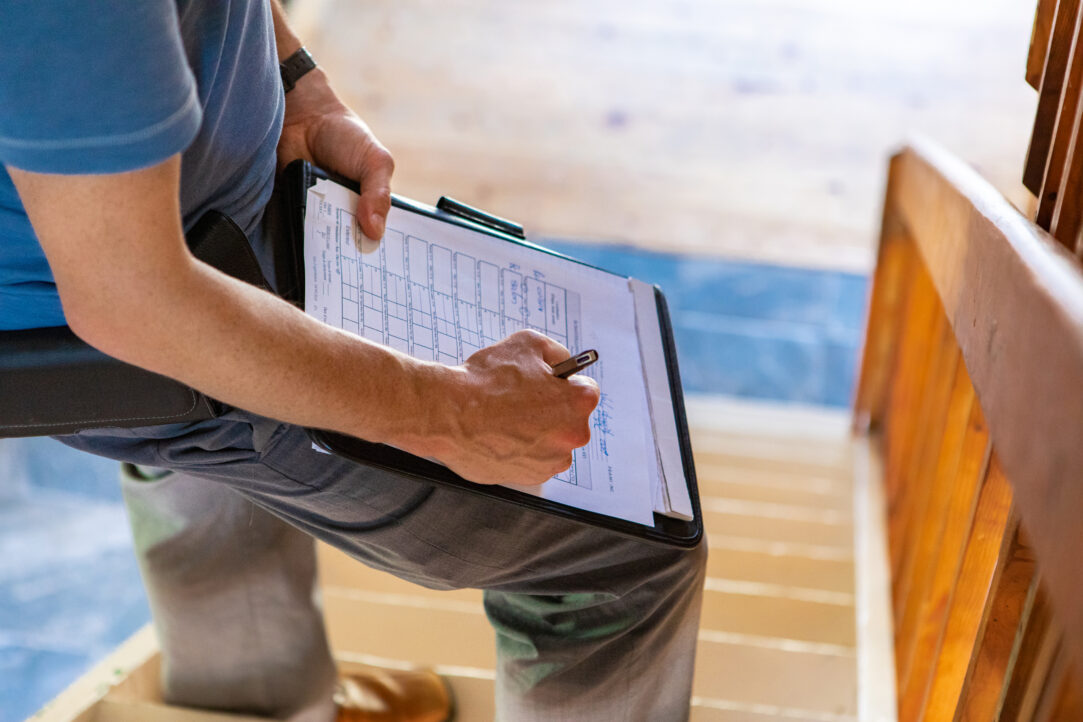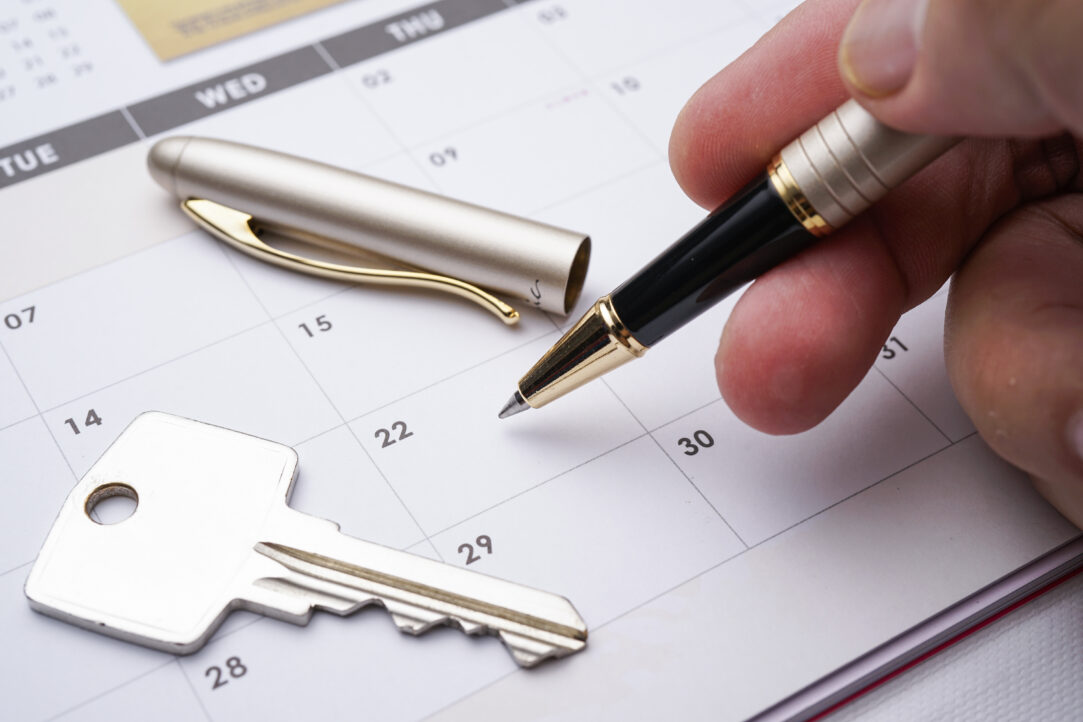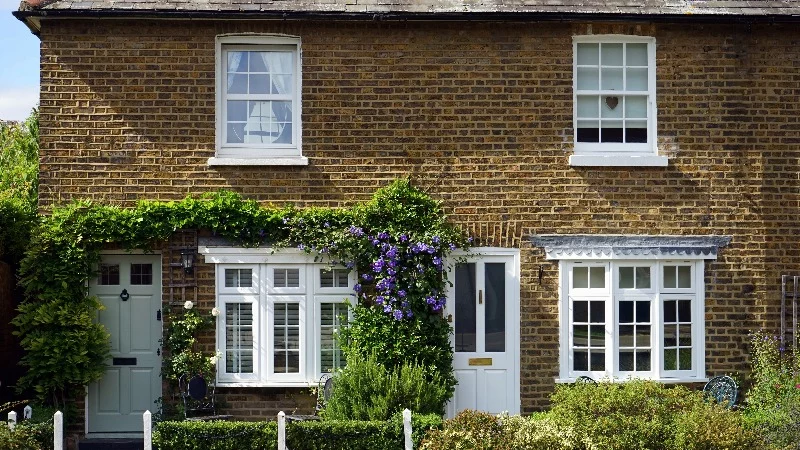If you had 2 minutes to prove you owned your property, could you do it?
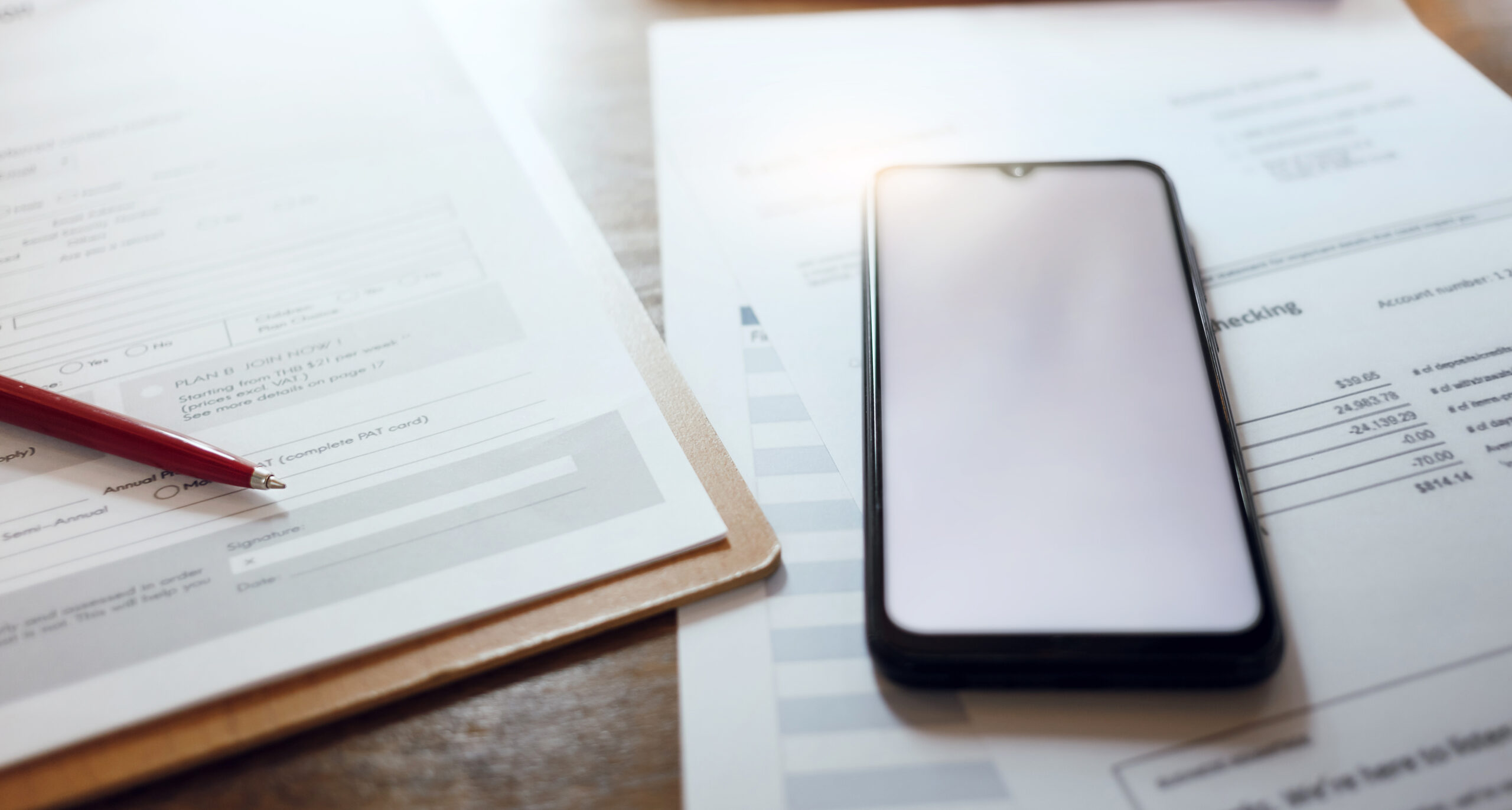
When you buy a property, your property lawyer will receive a bundle of papers from the seller’s lawyer. Your lawyer will collate that information and, after reviewing searches and asking questions of the seller, will provide it to you with a comprehensive report. You will likely refer to that information when you come to sell the property.
However, it is so commonplace that when owners come to sell, they have no idea about the existence of this bundle and certainly no idea where it is. Occasionally, they do not even have any paperwork, or a copy of the property title register showing their name as owner of their own house.
As a result, considerable delays can occur due the property owner panicking about the whereabouts of their deeds.
If you own unregistered land, then you should have property deeds. The deeds will comprise of a bundle of these conveyances and transfers. These deeds should be kept in a safe place. Mortgage lenders used to keep them as part of their mortgage security but from around the year 2000 most stopped this practice, and so the whereabouts of unregistered deeds is crucial to ascertain. Did you take possession of them, does your Lender hold them (if earlier than 2000) or did the lawyer store them when the property was bought?
If you own registered land, then it is true to say that the property deed naming you as owner is now simply a computerised record stored at the centrally held database at the Land Registry.
Registered title documents can be downloaded (at a small fee) from the Land Registry online portal.
It is, however, always helpful if you can locate all documents provided to you by the seller when you bought the property. This may include:
- The Property Information Form(s)
- Original guarantees
- New build warranty documents (e.g. 10 year cover with NHBC/Zurich)
- Planning Permissions
- Building Regulation Certificates
- Utility installation certificates
- Electrical inspection reports
- Central heating service reports
- FENSA certificates (for windows and doors)
- Legal indemnity insurance policies
- Original consents under the covenants in the deeds (e.g. for building an extension or additional structure on the property)
As a result, treat the above as a checklist of the documents to prepare for when you sell.
When buying a home, whether unregistered or registered, your lawyer should provide you with your property documents, including Land Registry records during, and at the end of your purchase.
So, how can you provide home ownership? A quick check at the Land Registry should provide you with the information that you need. But if in doubt, consult your expert property lawyer.
For more information and advice, please contact the specialist residential property lawyers at Trethowans on 01202 673071 or [email protected].


